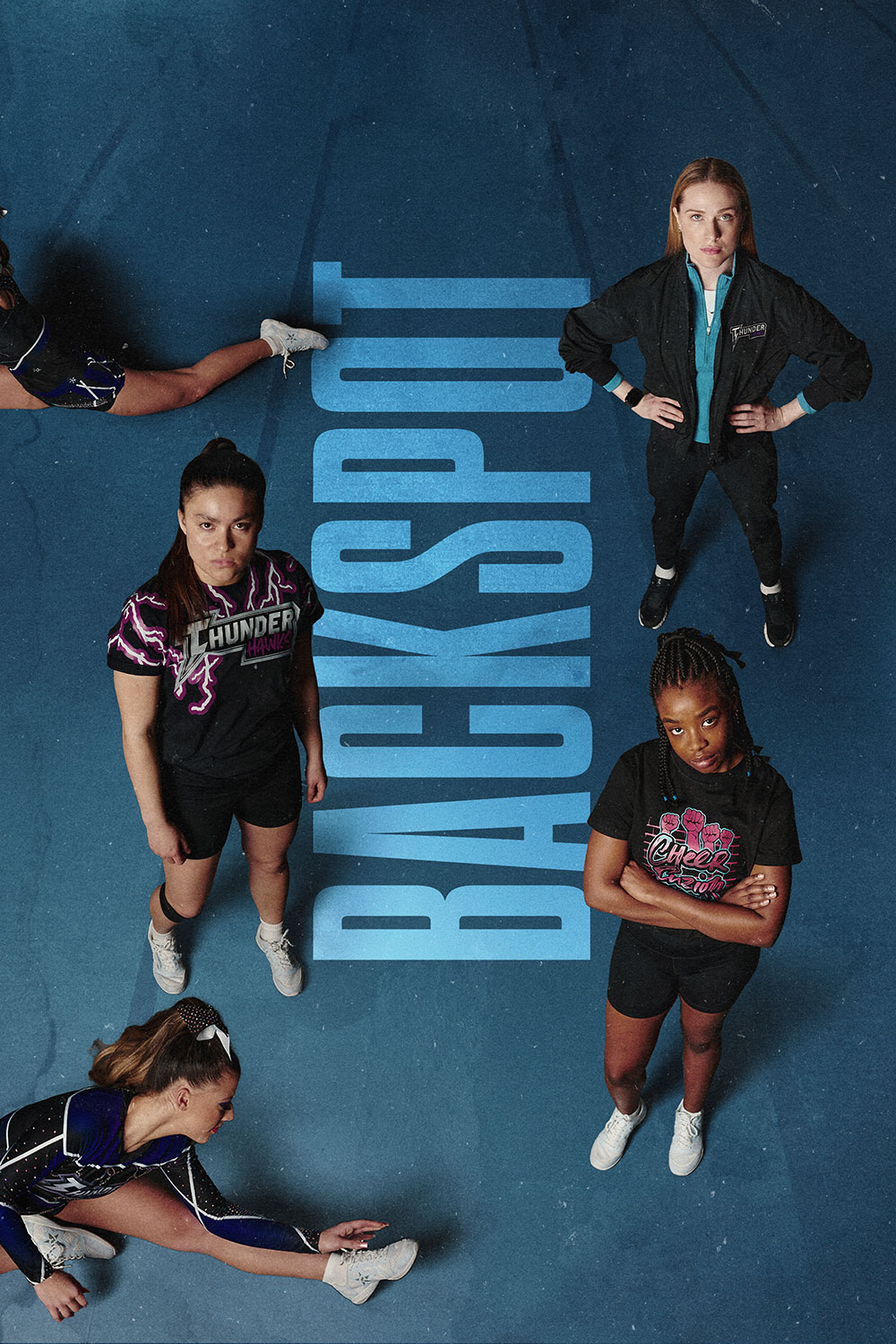
- Starring
- Devery Jacobs, Evan Rachel Wood, Shannyn Sossamon
- Writer
- Joanne Sarazen
- Director
- D.W. Waterson
- Rating
- 14A (Canada)
- Running Time
- 93 minutes
- Release Date
- May 31st, 2024
Overall Score
Rating Summary
Now halfway through the year, 2024 has delivered a strong line-up of queer cinema. From Drive-Away Dolls to Challengers and Love Lies Bleeding, it’s been a treat to see the rise of genre films where relationships are treated with the same nuance as straight relationships. That being said, out of any queer film to come out this year, Backspot will arguably be the one featuring the healthiest on-screen romance. In many ways, it is the definition of “cinema as a safe space”: it’s one of the rare films to feature nurturing gay elders and not a straight man in sight. Director D.W. Waterson seems innately tuned into the clichés and tropes of queer cinema and is content to switch gears whenever it leans too hard into conventional territory, a decision that keeps the film light on its feet but lacking impact by the time it lands.
Backspot is a character study that prioritizes the struggle to achieve perfection over the thrill of the sport. The story follows Riley (Jacobs), an ambitious but anxious teenager in the competitive world of cheerleading. Early on, Eileen (Wood), the coach of a prestigious cheerleading squad, “the Thunderhawks” enters the girl’s gym announcing there will be tryouts to join the squad. While Riley’s girlfriend, Amanda (Kudakwashe Rutendo), and their friend Rachel (Noa DiBerto) nail their audition, Riley squandered hers. Thankfully, Eileen admired Riley’s commitment and talent so the three joined the Thunderhawks. The celebration doesn’t last long, however, as the trio’s first day is shattered by Eileen’s intensity and the news that they had three weeks to perfect their act before an upcoming cheerleading competition.
To go any further would mean giving away what little plot there is, as Backspot is often lacking in tension and real narrative thrust. Instead, the film is a subtle drama about the physical and mental challenges Riley faced in competitive cheerleading: the friction brought onto her relationship by her enthusiasm for the Thunderhawks, how cheerleading accentuates her anxiety and trichotillomania, etc. Unfortunately, Riley, like the other characters in Backspot, is often sparsely written, with no deep insight into how she’s developed into the person she is and surprisingly no attempt to interrogate the rougher sides of her personality. Eileen suggests something has happened to Riley for her to walk through life “with fear,” but there’s no hint of a troubled home life or any other trauma to suggest Riley is anything besides a normal anxious teenage girl. Jacobs makes the two-dimensional character feel lived-in and three-dimensional, but even a few off-hand lines from Riley’s girlfriend Amanda (Kudakwashe Rutendo) are compelling enough to make the audience question why the whole film isn’t about her.
The most interesting character in the film would probably be Wood’s Eileen, who appears sparingly but stands out in her limited screen time, carrying a razor-focused intensity, maturity and presence that only temporarily deflates as the film gestures towards the generic beats of Eileen being a failed prodigy. There are many times the film begins leading towards a teacher/student dynamic reminiscent of Whiplash, but the film instead opts for something a little more tender and surprising. While Backspot doesn’t seem concerned with providing too much specificity to her life, the character is understood the second she appears on-screen through mere physicality. Eileen could easily become a bit arch without the engaging performance and the occasionally humorous off-kilter flourishes she’s given, like eating spaghetti in an idle truck while watching cheerleading videos or smiling reassuringly to herself after giving a teenager terrible advice.
Arguably, the film’s biggest strength is its atmosphere, achieved with its naturalistic performances and its heavy usage of handheld cameras that lend itself a sense of realism and authenticity, while allowing enough flexibility to insert anxiety-driven shots or other stylistic flourishes on the fly. The only real issue, however, is how its shot coverage frequently obscures the incredible choreography these cast perform, never truly allowing for a full scope of the stunts. Even in the context of itself, Backspot’s big sequence shooting in slow-motion plays as a misstep because the energy and physicality of its stunts haven’t been displayed in their full glory yet. Waterson and cinematographer James Poremba can shoot the hell out of a drama but stumble in capturing the “sports” side of this story.
Overall, Backspot is a breezy drama that struggles to bring shape to its dramatics but redeems itself thanks to its authenticity, strong representation, a lead performance that’s totally locked in, and delivers a solid debut that showcases a director with a nearly fully realized vision.
still courtesy of levelFilm
If you liked this, please read our other reviews here and don’t forget to follow us on Twitter or Instagram or like us on Facebook.
Discover more from
Subscribe to get the latest posts sent to your email.
